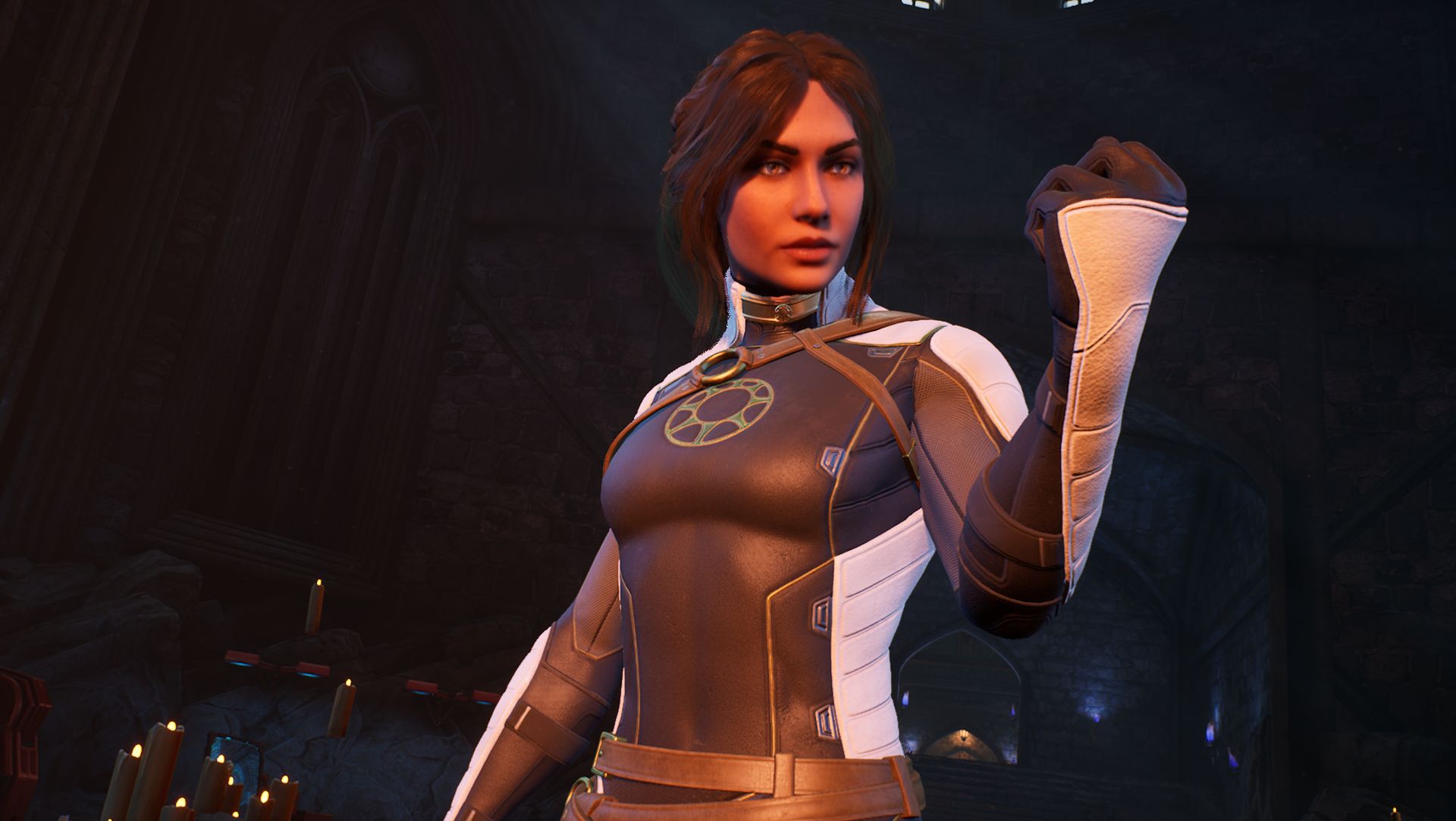
Marvel's Midnight Suns is an odd bug—pretty much everyone I've talked to that's played it has liked it, including PC Gamer's Jeremy Peel in his glowing review. Despite everything, though, it didn't sell nearly as well as it needed to, leading to layoffs at developer Firaxis and the departure of its creative lead.
There's a few reasons this might be the case. First off, the venn diagram circles of tactical strategy combat/deck builder enjoyers and RPG likers don't overlap much. There's some—I mean, I enjoyed it—but I don't think the people who really got into XCOM or Slay the Spire were, by and large, up for doing bookclubs with Steve Rogers.
Then the messy post-launch support seemed to miss what was good about the game—an ill-advised seasonal pass bogged it down with superfluous characters who were, if I'm being honest, a bad idea from the offset. Midnight Suns has a lot of interpersonal conversations happening between your missions—and as much as I had a great time with my playthrough, why would I ever want to do another one just to party up with Morbius if it means skipping a deluge of natter?
Ask the game's developers, though, and they'll keep pointing to the cards. During GDC 2024, game director Joe Weinhoffer blamed the game's lack of mainstream success on its card mechanics, and now it's happened again in an interview with VGC.
Firaxis' former creative director Jake Solomon, reflecting upon the successes and failures of Midnight Suns, notes: "The most typical reaction when people play Midnight Suns is surprise, and that’s not the reaction you want." That's fair. Midnight Suns is a surprising and odd game—though for me that surprise turned into delight the more I played it. For others, frustration certainly isn't off the table.
Like Weinhoffer, however, Solomon turns towards cards as the culprit: "I think cards were a major problem. I think it was a good design solution, but I think I was naive about what people would think when they saw the mechanic was cards. Not everyone on my team was behind the idea, but they trusted me."
I mean this with all possible kindness—I really, really don't think it was the cards.
The cards were, in fact, one of my favourite things about Midnight Suns. I like a good XCOM brawl, but I don't think the meticulous and gritty process of manoeuvring your squad around one-by-one would've suited a game about superheroes. The game's card system, instead, had your team flinging themselves around in ad-hoc combos—it was a nice blend of mechanics meeting with vibes.
Granted, you can't ignore context. Firaxis' last XCOM game (the second one) came out in 2016. Alright, technically there was 2020's Chimera Squad, but that was far more spinoff than mainline entry. For many Firaxis fans hungry for more, the studio's sudden swerve into deck building may have genuinely put them off.
The frustrating part, I suppose, is that said swerve was not only the right choice, it really, really worked—in exactly the way the studio wanted it to. What bogged Midnight Suns down was a poorly thought-out DLC structure, weird microtransaction outfits that I'm still miffed about on principle, and maybe a little overreliance on the between-mission conversations. Not to mention the lack of a good NG+ mode at launch which actually took advantage of the game's deckbuilding nature. As the controversy with Capcom earlier this year proved, you can't overestimate the importance of pre-purchase politics.
Also, they should have let me date Wolverine, the cowards (granted that might've seen Marvel stepping in, but some things should be fought for).
But again, maybe I'm only saying this because I've played the dang thing—and that may be Solomon (and Weinhoffer)'s point. The cards were just bad optics for action-strategy players and long-time Firaxis fans alike, which is a crying shame, because I think this game overall deserved more love than it got.







